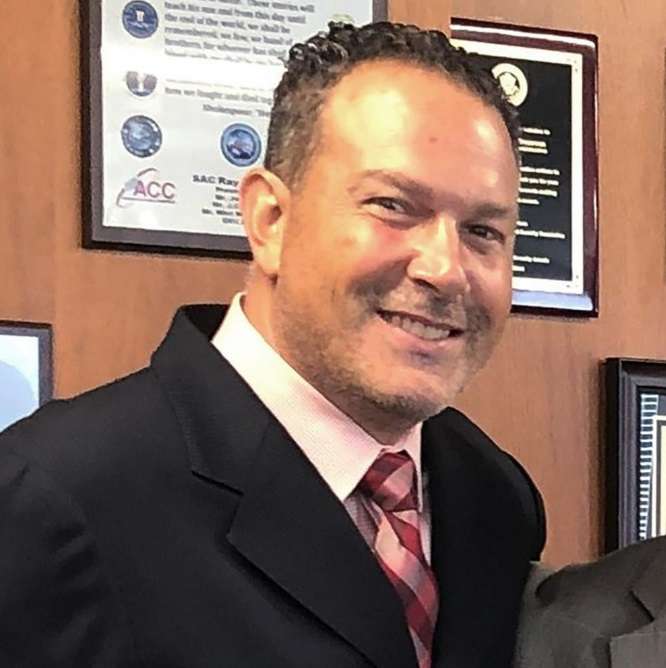By JOSHUA GOODMAN and JIM MUSTIAN
Associated Press
MIAMI (AP) — The U.S. Drug Enforcement Administration quietly ousted its former top official in Mexico last year over improper contact with lawyers for narcotraffickers, an embarrassing end to a brief tenure marked by deteriorating cooperation between the countries and a record flow of cocaine, heroin and fentanyl across the border.
Nicholas Palmeri’s socializing and vacationing with Miami drug lawyers, detailed in confidential records viewed by The Associated Press, brought his ultimate downfall following just a 14-month stint as DEA’s powerful regional director supervising dozens of agents across Mexico, Central America and Canada.
But separate internal probes raised other red flags, including complaints of lax handling of the coronavirus pandemic that resulted in two sickened agents having to be airlifted out of the country. And another disclosed this past week found Palmeri approved use of drug-fighting funds for inappropriate purposes and sought to be reimbursed to pay for his own birthday party.
“The post of regional director in Mexico is the most important one in DEA’s foreign operations, and when something like this happens, it’s disruptive,” said Mike Vigil, the DEA’s former chief of international operations.
“It’s even more critical because of the deteriorating situation with Mexico,” added Phil Jordan, a former director of the DEA’s El Paso Intelligence Center. “If we don’t have a strong regional director or agent in charge there, it works against the agency’s overall operations because everything transits through Mexico, whether it’s coming from Colombia or the fentanyl that flows in through China. It cannot be taken lightly.”
Palmeri’s case adds to a growing litany of misconduct roiling the nation’s premier narcotics law enforcement agency at a time when its sprawling foreign operations — spanning 69 countries — are under scrutiny from an external review ordered by DEA Administrator Anne Milgram.
That review came in response to the case of Jose Irizarry, a disgraced former agent now serving a 12-year federal prison sentence after confessing to laundering money for Colombian drug cartels and skimming millions from seizures to fund an international joyride of jet-setting, parties and prostitutes. Palmeri’s is the second case in recent months to shine a light on the often-cozy interactions between DEA officials and Miami attorneys representing some of Latin America’s biggest narcotraffickers and money launderers. Last year, federal prosecutors charged a DEA agent and a former supervisor with leaking confidential law enforcement information to two unnamed Miami defense attorneys in exchange for $70,000 in cash.




















